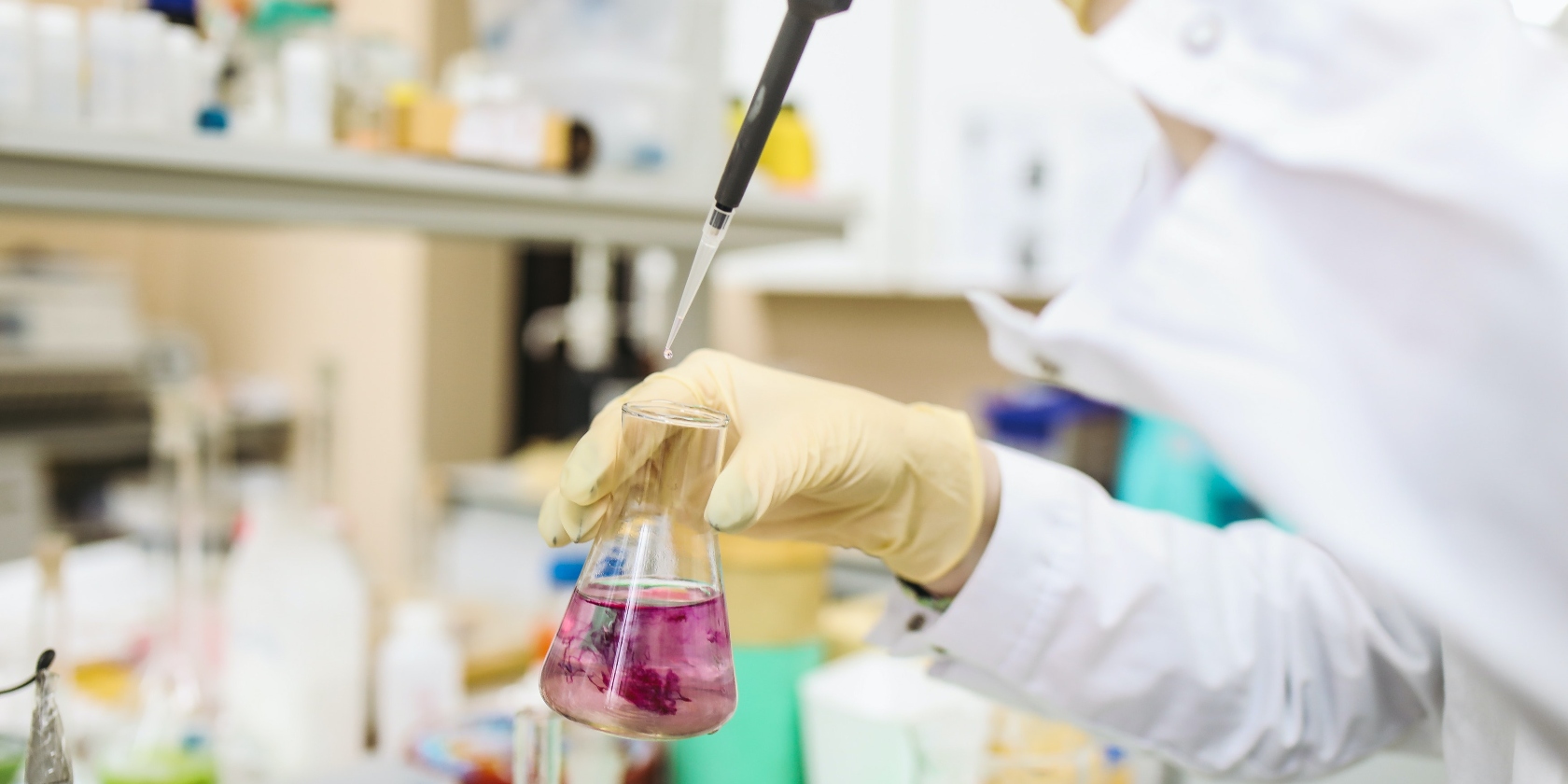
June 22, 2021, by indybamra1
How I Found a Science Job During the Covid-19 Pandemic
By Mica Cunningham, University of Nottingham BSc Biotechnology graduate.
Graduating from University can be a daunting experience – especially during a pandemic! Having a lack of previous work experience, I initially felt I had no idea what I was supposed to do next or even how to start – what should I put on my CV? What sets me apart from all the other applicants trying for the same job?
It was around this time I reached out to the Careers and Employability Service and I can honestly say it was one of the most important steps I took in helping me secure a job.
My Current Role
In April 2021, I started my first graduate role as a Lab Scientist at Cignpost Diagnostics– a private COVID testing company that has clients ranging from Netflix, the BBC, and many UK airports.
My role involves data entry: making sure all samples we receive are logged on the system and that all samples we test are sent to the data team to be reported – usually within 24 hours. I also monitor the RT-PCR graphs, keeping an eye out for any potential positives and ensuring all controls are valid.
How I Found the Role
After my first few failed applications, I came to a few realisations quite quickly that came through the advice and guidance provided to me by the Careers and Employability Service. Using this knowledge, I changed my approach to job hunting:
A tailored CV is a successful CV
Rather than sending out hundreds of applications and hoping one sticks, try to focus your search, and create applications that are tailored to the job you are applying for. Include all the information you need in as little detail as possible, the job description should contain hints for what kind of attributes they are looking for, so keep it concise and relevant – bullet points are great for this!
All experience is relevant experience – if you can apply it!
Yes, a science background is beneficial to most laboratory roles, but employers are looking for reliable workers who can work in a team in a high-throughput environment. They know someone applying for an entry-level laboratory role probably has minimal laboratory experience, so anything you’ve done to show you have good communication, teamwork, and analytical skills are going to look good to the person reading your CV.
Personally, after graduating, I spent a lot of time volunteering before I actively started searching for a job. I did some work with the Canal and River Trust, helping with the upkeep of green spaces. This was work that required skills such as, attention to detail, time management, and teamwork. These were skills that would later correspond well to the jobs I was applying for.
Standing out amongst the crowd
LinkedIn is a great way to stand out against other applicants! When researching potential employees, most employers will look for your LinkedIn account and even the most basic profile (list your education, voluntary/work experience, and any field of work you’re potentially interested in), which can increase your chances of securing a job.
It’s also an excellent way to network, find potential jobs, and get an idea as to how others in the science industry have progressed throughout their career.
The Careers and Employability Service is there to help you!
The Careers and Employability Service broke down the process of applying for a job in a way that made success a lot more attainable than when I was applying without their help.
They helped me identify my strengths and weaknesses, making it easier to imagine a role that might suit me. This was useful when we moved on to creating a CV that both reflected who I was as a person and what I could offer to a company.
Most importantly, having someone to simply talk to about how searching for a job was going was immensely helpful. The pressure of finding your first job can seem very overwhelming, but The Careers and Employability Service will always be there to help, advise and listen!
You can always book a careers appointment to discuss a CV, application, interview or any aspect of your career search including how you can find suitable science job roles.
Previous Post
Graduate Schemes With a DifferenceNext Post
A Spotlight on TutoringNo comments yet, fill out a comment to be the first

Leave a Reply